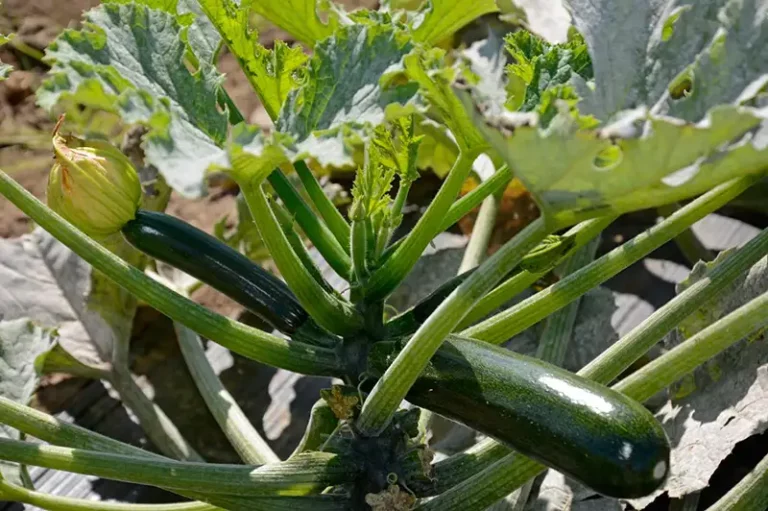This is a question often heard: « Did you know that zucchini is not a vegetable but a fruit? » But what’s the real story?
The fun part of this question comes from a mix-up between the precise language of botany and everyday speech.
In botany:
- A fruit is the part of the plant that contains seeds (to keep it simple, as botanists distinguish between true fruits, false berries, infructescences, etc.).
- The term « vegetable » doesn’t exist in botanical terminology.
In everyday language and commercial naming:
- Fruits are the sweet plant products we usually eat as desserts.
- Vegetables are the less sweet plant products we typically eat as starters or side dishes, either raw or cooked.
Vegetables can be roots (like carrots), tubers (like potatoes), leaves (like lettuce), stems (like leeks), flowers (like cauliflower or artichokes), or even fruits, such as tomatoes, eggplants, pumpkins, or zucchini.
So, here’s the answer to our question: zucchini is both a fruit and a vegetable. It’s a fruit in botanical terms and a vegetable in culinary terms.
>> Also see our article: The culinary anatomy of zucchini: understanding every part
